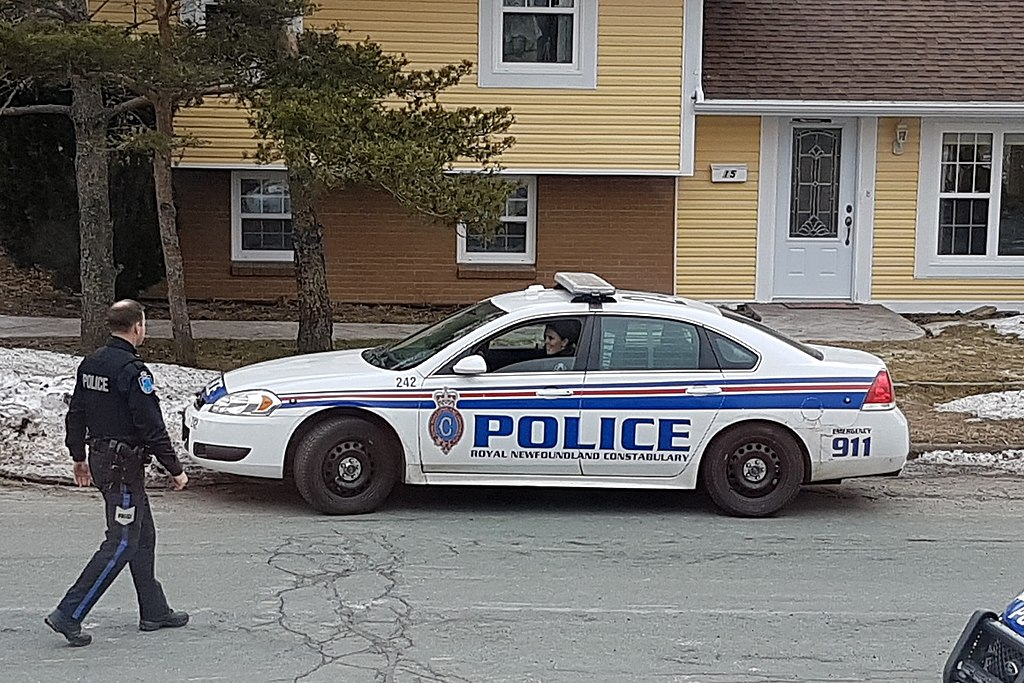383

Royal Newfoundland Constabulary Chevrolet Impala police car in this file photo from 2017. Photo: DunDooey

The Royal Newfoundland Constabulary failed to ensure officers completed required training and secure sensitive inventory, exposing significant gaps in operational readiness, according to an audit released Monday. Nearly every employee examined by the Auditor General was missing at least one mandator...
This article is available to registered HR News Canada members. Membership is free and provides full access to our independent reporting on workplace HR issues across Canada.
Already a member? Log in below
Todd Humber is an award-winning workplace journalist who has been covering the HR, employment law, and workplace safety beats for 25 years. He is the publisher and editor-in-chief at HR News Canada, published by North Wall Media.

HR News Canada is an independent source of workplace news for human resources professionals, managers, and business leaders. Published by North Wall Media.
©2026 All Right Reserved. Designed and Developed by North Wall Media